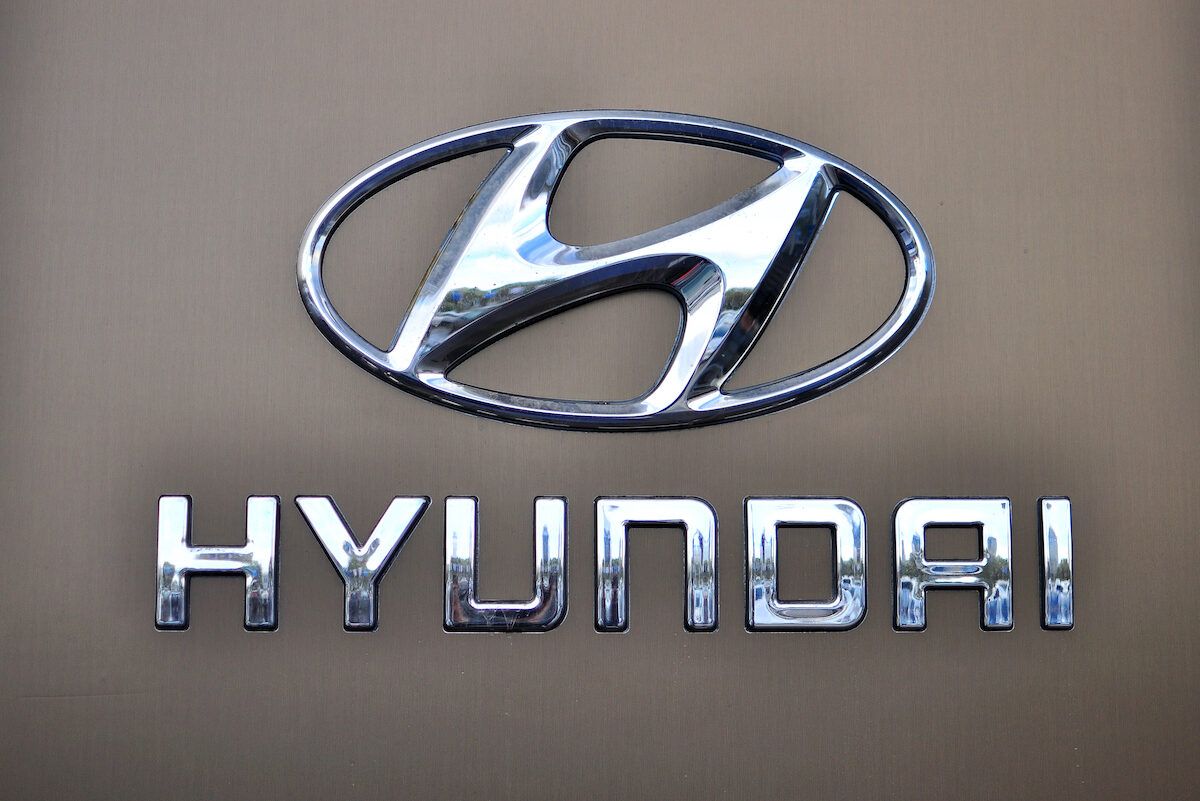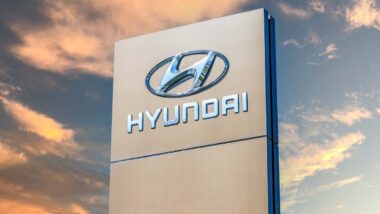
Update:
- A judge dismissed a class action lawsuit filed by a group of vehicle owners against Hyundai Motor Co. in a California federal court.
- The class action lawsuit claimed a number of Hyundai and Kia model vehicles contained an engine defect that caused them to use an excessive amount of oil.
- The vehicle owners argued the alleged defect, in addition to costing them money for the excess oil, caused the vehicles to stall and eventually fail.
- Court approval of the dismissal was not required as the class had not been certified nor proposed to be certified for purposes of a settlement, according to court documents.
Hyundai excessive oil consumption class action lawsuit overview:
- Who: A group of Hyundai and Kia vehicle owners are suing Hyundai Motor Co.
- Why: The drivers allege numerous models of Hyundai and Kia vehicles are equipped with defective engines that use excessive amounts of oil, stall and eventually fail.
- Where: The lawsuit was filed in a California federal court.
(April 20, 2022)
Hyundai makes numerous models of Hyundai and Kia brand vehicles with defective engines that use excessive amounts of oil, costing their owners huge sums of money, a new class action lawsuit alleges.
On Apr. 12, eight owners of Hyundai and Kia brand vehicles filed a class action lawsuit against Hyundai Motor Co. in a California federal court, alleging violations of federal warranty laws.
The Hyundai excessive oil consumption lawsuit alleges that numerous models of the automaker’s vehicles are equipped with defective Nu, Gamma, Theta, Lambda and Kappa engines.
The defective engines allegedly use excessive amounts of oil, stall and eventually fail. The drivers say Hyundai should have issued a recall for the vehicles a long time ago but hasn’t.
As a result, thousands of Hyundai and Kia owners and lessees have allegedly been forced to constantly check the oil levels, and oil must be added to the engines more frequently than even the owner’s manuals recommend, Car Complaints reports.
The engine issue has flow-on effects like reduction in engine lubrication due to crankshaft submersion and gaskets and seals damage, which leads to oil leaks.
The plaintiffs also claim that oil in their vehicles migrates to places where it shouldn’t be, damaging the combustion and exhaust systems.
This allegedly causes “abnormal wear of engine parts, oversaturation of carbon and deposits of oil sludge, ultimately requiring a costly engine rebuild or replacement.”
Automaker should honor warranty claims outside terms, Hyundai class action says
The plaintiffs allege that Hyundai should honor customers’ warranty claims even when the warranties have expired.
According to the lawsuit, Hyundai can’t adequately repair the oil consumption problems and doesn’t offer any reimbursement for out-of-pocket costs caused by the issue.
The class action states customers must suffer through long wait times for replacement parts, “and in most cases do not receive required engine replacements.”
The cars with the allegedly faulty engines include the 2012-2020 Hyundai Elantra, 2009-2018 Hyundai Genesis Coupe, 2019-2021 Hyundai Kona, 2020-2021 Hyundai Palisade, 2010-2012 and 2015-2021 Hyundai Santa Fe, 2009-2010 and 2015-2021 Hyundai Sonata, 2011–2021 Hyundai Sonata Hybrid, 2010-2013 and 2015-2021 Hyundai Tucson, 2011-2021 Hyundai Veloster, 2020-2021 Hyundai Venue, 2010-2021 Kia Forte, 2017-2020 Kia Niro, 2011-2020 Kia Optima and Optima Hybrid, 2012-2021 Kia Rio, 2011-2020 Kia Sorento, 2012-2021 Kia Soul, 2011-2020 Kia Sportage, 2018-2021 Kia Stinger and 2022 Kia K5.
Meanwhile, Hyundai has expanded its recall of vehicles with an exploding seat belt part issue that has caused multiple injuries to include 6,240 of its 2021-2022 Elantra and 2020 Accent vehicles.
The plaintiffs are represented by Nye, Stirling, Hale & Miller LLP, Sauder Schelkopf LLC and Walsh, PLLC.
The Hyundai Oil Consumption Lawsuit is Cho, et al., v. Hyundai Motor Company, LTD., et al. in the U.S. District Court for the Central District of California.
Are you one of the drivers affected by an allegedly faulty Hyundai engine? Let us know in the comments!
Don’t Miss Out!
Check out our list of Class Action Lawsuits and Class Action Settlements you may qualify to join!
Read About More Class Action Lawsuits & Class Action Settlements:















3,223 thoughts onHyundai class action over excessive oil consumption dismissed
I am a owner of the oil eating sonata
My 2017 Tucson burns about a quart of oil or more every thousand miles.
I have a 2013 Hyundai Genesis coupe 2.0t that consumes more oil then it should, it is now causing problems with the valves and carbon build up, the car is no longer drive-able.
How do I become a part of the lawsuit. I have a 2017 Sonato Sport and I have to constantly monitor the oil and add extra oil every few days. This is a major inconvenience and expense. I had the LVC valve replaced and it did not help at all.
My 2015 Santa Fe sport is burning oil and metal shavings in the oil.
I own a 2011 Hyundai Sonata. All of a sudden the car is consuming oil like crazy. The warning light comes on when the car is on an incline and going around a corner. That’s how I know when I need more. My last 4 quart fill had to be 2 months.
I have a 2017 Hyundai Elantra, we noticed last year that it’s burning oil at an increasing rate. I have to constantly check it.
I have a 2018 Hyundai Sonata SEL and my car has been using oil for a while and I couldn’t find any issue but the last year it has started leaving spots and small puddles under the car. How do I become part of this because going thru this is a bunch of crap!
I have a 2019 Hyundai Tuscon. It started burning a lot of oil that I noticed in December 2022. I was driving and it jerked and wouldn’t accelerate over 60 took it it to a shop and it was almost out of oil. I was told my car just did this. I would have to check the oil and keep putting it in my car. So either I keep doing this or end up with an even higher car payment then I have now.
All of this is too familiar. I have a 2017 Hyundai Tucson. I’m the second owner. With no warning light the oil was low, the car started making a ticking and knocking sound. I took it to my mechanic and after inspection said the engine is ruined. A replacement is $6000 before labor. This is NOT right. I am now paying for a car that has less than 80,000 miles and is only 6 years old and needs a new engine. Please HELP. Seems like the same issue with all these engines. Hyundai should fix this.
I have the exact vehicle and I’m sitting in the shop right now waiting to get my oil topped up. Less than 2 months ago I had an oil change and noticed my RPM going up and the car not accelerating. I took it to Hyundai when it was still under warranty just to be told nothing’s wrong with it and now the warranty is over.